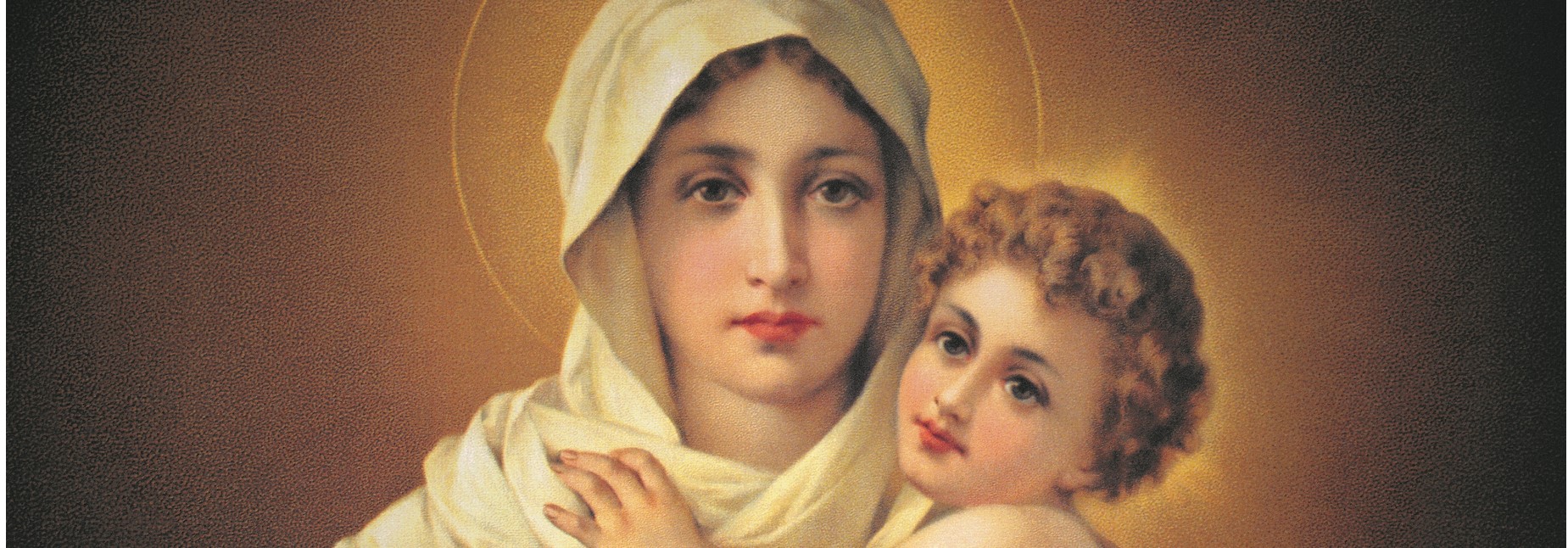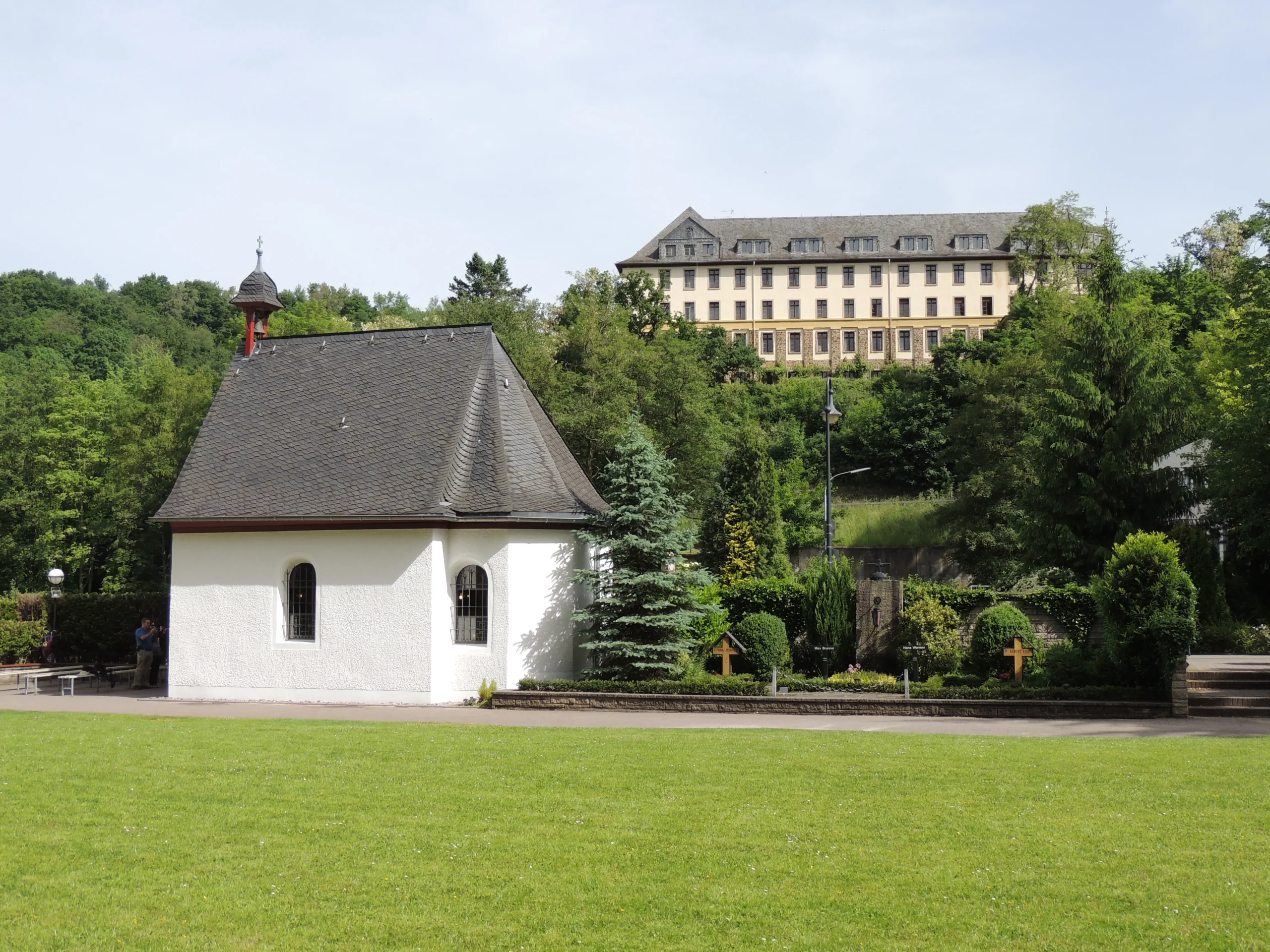Instrumentos aptos
A palavra instrumento deriva do Latim instrumentum, “ferramenta, vestimenta”, de instruere, “arranjar, fornecer o necessário”. Sua definição é: objeto simples ou constituído por várias peças, que serve para executar um trabalho, fazer uma medição ou observação. Em resumo, um instrumento é um objeto que pode ser utilizado para se realizar uma atividade, simples ou complexa, de acordo com a vontade daquele que usa.
Ao rezarmos a Consagração a Nossa Senhora, dizemos: “como coisa e propriedade vossa”, às vezes, a palavra “coisa” pode soar áspera aos nossos ouvidos, porém o sentido dado a essa palavra é sermos instrumentos nas mãos da Mãe, para que Ela faça de nós, aquilo que lhe aprouver.
Muitos ficam receosos de colocarem a sua vida nas mãos da Mãe, imaginando que Ela enviará dores e sacrifícios, mas se esquecem de que “a Mãe tem o perfeito cuidado de tudo” (Pe. Kentenich), e que não temos o que temer, pois Ela é nossa Mãe e a causa da nossa alegria.
O que é ser instrumento?
Em Schoenstatt, buscamos viver com profundidade o desejo de ser instrumento nas mãos da Mãe. Desde o início do Movimento, o Pai e Fundador já imprimia este carisma em seus filhos. Em 18 de outubro de 1914, no Primeiro Documento de Fundação, já vemos que essa é uma das promessas da Mãe:
Estabelecer-se-á na Capelinha;
Dali distribuirá dons e graças em abundância;
Atrairá a si os corações juvenis;
Os educará;
Transformá-los-á em instrumentos aptos;
E com eles, à medida que se abandonarem em suas mãos, empreenderá um movimento de renovação.
A Mãe promete nos transformar em instrumentos aptos, à medida que nos abandonarmos em suas mãos, como filhos ansiosos por serem educados.
Podemos identificar algumas propriedades da piedade do instrumento:
Desprendimento total – Desprendimento de sua própria vontade.
Vinculação total – Doação integral a Deus e à sua vontade.
Elevada prontidão de empenho – ou Incansável impulso de conquista.
Caráter de parusia – Tornar Maria presente e visível. Refletir, manifestar o Divino.
Liberdade interior – Os instrumentos perfeitos decidem-se por Deus na liberdade e alegria interior.
Rica fecundidade – O instrumento na mão de Deus visa uma só coisa: libertar e fazer liberar o espaço para Deus e sua fecundidade.
Heróis de Schoenstatt
Os Heróis de Schoenstatt procuraram viver em profundidade o sentido de serem instrumentos:
Pe. José Kentenich – “Não somos instrumentos mortos, mas que atuam de livre vontade”.
João Luiz Pozzobon – “Usa- me, querida Mãe, para o bem da Igreja e pela renovação das famílias”.
Gertraud von Bullion – “Quero servir!”
José Engling – “Quero tornar-me tudo para todos e ser propriedade exclusiva de Maria”.
Mário Hiriart – “Sou engenheiro, tenho planejado ao longo de minha vida… agora mudam os papéis, sei que agora devo deixar que seja o Pai quem faz os planos, devo somente cumprir sua vontade.”
Beato Carlos Leisner – “Guia-me para a tua Luz, Senhor, Deus Todo- Poderoso. Prometo solenemente, ser teu instrumento”.

Como tua inteira propriedade
Também nós busquemos a instrumentalidade como forma de vida. Como a exemplo de Jesus, que o maior alimento seja fazer a vontade do Pai. Também, assim como Maria, possamos dizer: “Eis aqui a serva do Senhor, faça-se em mim segundo a Tua Palavra”! “Mãe Três Vezes Admirável, dá que sejamos sempre teus instrumentos; com amor, hoje e sempre nos consagramos ao teu serviço. Usa-nos como agrada a Deus, inteiramente para o teu Reino de Schoenstatt” [1].
Recorrer a Ela, para entregar o coração como propriedade. “Toma nosso coração e nossa vontade, como tua inteira propriedade; ao teu aceno e a tua palavra eles se inclinam cegamente” [2].
Fonte: schoenstattconfins.org.br
[1] e [2] Pe. Kentenich, livro; Rumo ao céu
* Kennedy Rocha pertence à Liga de Famílias de Schoenstatt da Diocese de Belo Horizonte/Brasil





